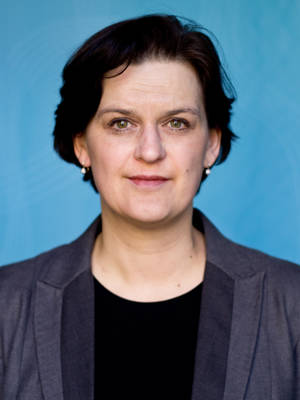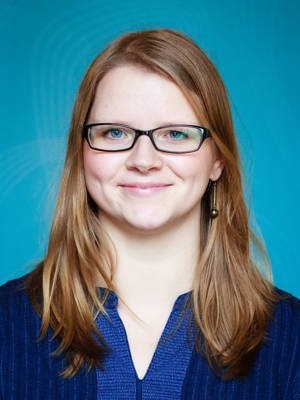Getting from war to peace is a delicate endeavour. International interventions, mediation and dialogue efforts, as well as transitional justice mechanisms are all geared toward building sustainable peace, and avoiding relapse into new conflicts.
These are not neutral processes, however, but embedded with particular agreed-upon norms and desires for peaceful co-existence. These normative frameworks are multicultural and multi-religious in their very essence in that they are thought to be beneficial to all irrespective of culture and religion. In reality, however, these norms may be seen quite differently. Gender equality and women’s empowerment are examples of such norms and are strongly contested areas of politics. It is particularly in the intersection between global/supranational aims and local or national religious and cultural characteristics where these tensions come out most forcefully.
This project does not aim to address the totality of challenges related to implementing gender equality and women’s empowerment norms, but will have a limited focus on implementation challenges in transitional processes from war to peace. These transitions, difficult as they are, nevertheless open up socio-political spaces for redefining gender roles and expectations. At times these changes lead to increased gender equality, while at other times they lead to reinforced or new inequalities and gendered differentiation which can be ascribed religious and cultural characteristics.
What these settings have in common, however, is international attention and often also interventions by external actors with a normative agenda. The dynamic of this relationship is often characterized by norm providers on the intervening side, and norm adapters on the conflict side. This project seeks to explore this dynamic through an empirical focus on United Nations and Norwegian peace mediation efforts, as examples of norm providers, and Bosnian and Rwandan experiences as examples of norm receivers. Our overarching research goal is to analyze the challenges of implementing a global framework on gender equality within the context of different cultural and religious understandings of gender and peace.
The project will make an important contribution to international scholarship on questions of peace and security since it addresses issues very rarely touched upon either theoretically or empirically, yet of great importance for the sustainability of the outcomes agreed upon by the parties to the conflicts. To this end, the project seeks to answer three main research questions:
- In which issue areas are gender equality norms contested in transitional settings?
- How are the contested areas of gender equality ascribed religious and/or cultural traits; by whom and in which ways?
- Which strategies are developed by local and global actors to negotiate these contested intersections and what are the political outcomes?
Sub-Projects
The Equal Peace project is organised around the following sub-projects:















